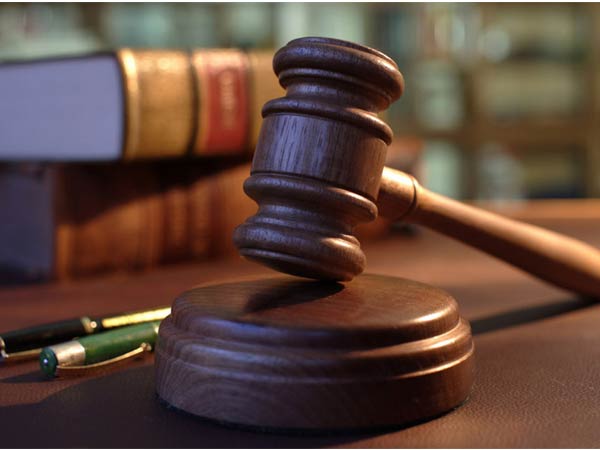A consultation involving over forty key stakeholders, including judges, attorneys, and legal representatives, was held in Kathmandu to discuss UNESCO's Draft Guidelines for the Use of AI in Judicial Systems. Participants from the Supreme Court of Nepal, the National Judicial Academy (NJA), and other legal institutions gathered to refine and contribute to the guidelines, with the goal of formulating national recommendations to be submitted to UNESCO.
Hon. Nahakul Subedi, Justice of the Supreme Court, emphasized the significance of this consultation as the first instance in Nepal where judicial actors collectively examined the role of AI in the judiciary. The event focused on the ethical and effective application of AI in legal processes, highlighting its potential to enhance judicial efficiency while safeguarding human oversight.
The Executive Director of NJA, Hon. Baidya Nath Upadhyay, described AI as a "bench assistant," cautioning that while AI can be helpful, it requires careful review, rechecking, and verification. He underscored the importance of ongoing collaboration to regulate AI effectively and to ensure the guidelines are adapted to the national context.
The recommendations developed during the consultation will be submitted to UNESCO, contributing to the global effort to ensure AI's integration into judicial systems aligns with justice, human rights, and the rule of law. This consultation follows UNESCO's earlier 2023 training on Freedom of Expression, Journalists' Safety, and AI for judicial actors, and marks a crucial step forward in leveraging AI to improve access to justice in Nepal.
The need for such guidelines became evident following a 2023 UNESCO survey, which found that 93% of judicial operators were familiar with AI technologies, and 44% were already using tools like ChatGPT. However, only 9% had organizational guidelines or AI-related training, highlighting the urgency of providing comprehensive guidance for AI use in courts and tribunals.
These Draft Guidelines, developed under UNESCO's AI and the Rule of Law Programme, aim to ensure that AI deployment in judicial settings upholds fundamental principles of justice and human rights while improving judicial processes globally.











